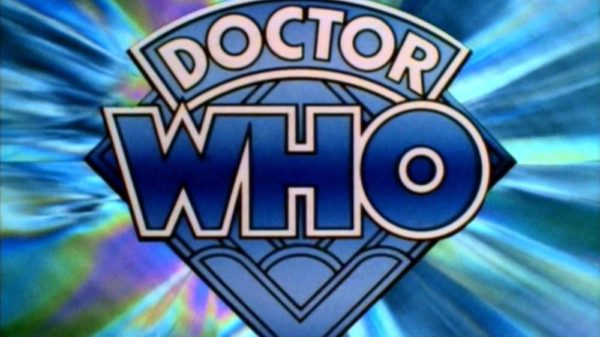We take a look at the influence Dennis Spooner had on Doctor Who, and why he left the show after six months…
Dennis Spooner oversaw most of Doctor Who’s second series, following on from David Whittaker’s work in Series 1. While the first series saw the show trying out as many different guises as possible, Series 2 settled into them. Wore them more confidently.
See also: remembering Doctor Who’s first script editor
This isn’t a shock, really, as original Story Editor David Whittaker was still involved, writing two stories for his successor. The pattern of historicals and science-fiction adventures was established, and the Daleks were the show’s big draw. Rather than reinventing the wheel, Spooner set about putting those clacky things you got free with cereal on them. They go on the spokes. You know. Those things. Few Doctor Who script editors ever reinvented the wheel, but quite a few redecorated.
While Spooner’s debut for the series, The Reign of Terror, was a straighter serial, The Romans ventured into outright farce despite covering grim subject matters. This was at the suggestion of producer Verity Lambert, who was looking to test different approaches to the show. Spooner’s most influential creative decision was to not take an educational approach to his historical, but to ‘Print the legend’ (to paraphrase Tony Wilson). This approach was echoed by the ‘Celebrity Historical’ episodes the show has produced since 2005.
Spooner would only commission two of the stories he worked on, and neither of them were especially outlandish decisions; he asked David Whittaker to write a historical as soon as his Story Editor contract was over, and asked Terry Nation to write another Dalek story. Spooner left the job, being trailed by Donald Tosh, writing Ian and Barbara’s leaving scenes in The Chase.
He sat down and worked with Peter Purves on the character of new companion Steven Taylor, and then further cemented his place as the father of the ‘pseudo-historical’ with The Time Meddler, a more successful blend of the tones he’d explored in The Romans, coupled with a few astonishing cliffhangers. He commissioned Galaxy 4 and another Dalek story, one that would ultimately become thirteen episode epic The Dalek Master Plan. Spooner wrote large swathes of this, including the devastating finale, from Nation’s story outline.
His final work on the series was to rewrite David Whitaker’s scripts for The Power of the Daleks. Earlier drafts had included allusions to the Doctor having regenerated several times before – with previous incarnations wearing earrings and bracelets – and that the Daleks might have destroyed his home planet. Whether Whitaker or Spooner removed these is unclear, though Spooner did remove a lot from the overlong scripts, and did significant work on the characterisation of the Second Doctor.
Spooner was only officially Script Editor for six months, receiving an offer from Terry Nation to work on his new series The Baron, which was potentially very lucrative (and would stop him from working on The Dalek Master Plan). David Whittaker had been working regularly with Terry Nation on Dalek spin-offs since their popularity had soared, and joined up with Associated London Scripts where Nation’s agent Beryl Vertue was based. Spooner was also a member, and Nation had joined him in failing to meet Tony Hancock’s approval before they wrote for Doctor Who.
Prior to this Spooner had been writing comedy and police procedurals, getting his big break by networking and meeting Brian Clemens. After working on Clemens’ The Avengers, the pair would later devise and guide The New Avengers. As well as comedy, Spooner showed a great affection for the spy genre which shone through in his later work.
Unlike Whittaker, who mainly focussed his talents on Doctor Who, Spooner wrote for and created a large number of TV shows. He started on Coronation Street, and finished with Dramarama via Bergerac, Remington Steel, and The Professionals. He created Randall and Hopkirk (Deceased) and worked regularly with Gerry and Sylvia Anderson.
Stingray is reminiscent in tone and style of ambient comedies such as The Mighty Boosh and Flight of the Conchords (no, seriously, it is, especially the ones written by Alan Fennell), and Spooner’s episodes delight in a knowing absurdity. You owe it to yourself to watch Titan Goes Pop and Loch Ness Monster especially.
His legacy on Doctor Who comes more from the stories he wrote than the ones he commissioned and edited. Inspired by Verity Lambert, he took the historical in a different direction. The comedy, for which it’s famed, was less important than the broader brushstrokes approach which would lead to The Time Meddler.
The twist of putting aliens in Earth’s history is now firmly established in the series, but at the time it was a significant departure. Coupled with the reveal that the Doctor wasn’t the only member of his race flitting about time and space, and one of Hartnell’s most quotable stories, and it’s a great way to bow out of the Script Editors job. The sad thing is, it feels like Spooner had finally got the hang of writing for the show, just as Terry Nation lured him away.

